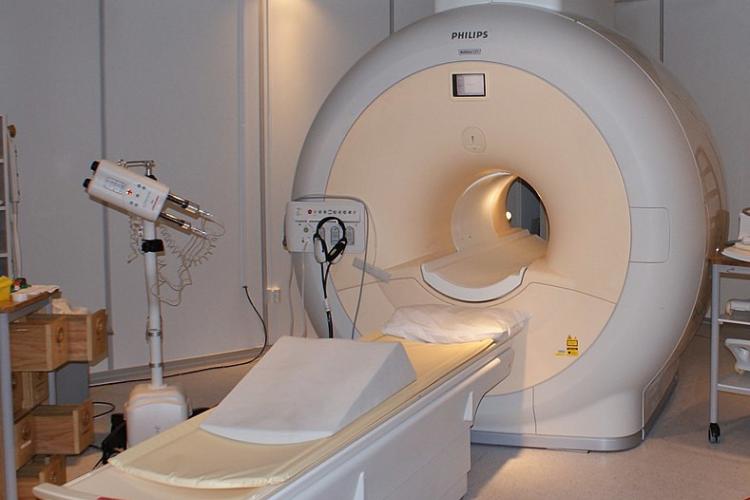The data comes from EPAD’s study into the earliest stages of Alzheimer’s dementia – before symptoms appear.

IMI’s EPAD project is recruiting people across Europe aged 50 and over to participate in a long-term study that will help to improve our understanding of the very earliest stages of Alzheimer’s dementia – before people have any symptoms. Participants undergo multiple assessments including regular health checks, standardised tests and brain scans over several years.
Now, the project is making data from the first visit of the first 500 participants available to the scientific community. The data has been de-identified to protect participants’ privacy, and quality controlled. Access is provided via secure online tools; researchers who want to use it have to apply via the EPAD website.
According to project coordinator Craig Ritchie of the University of Edinburgh, the research participants are enthusiastic about the move to make their data available to researchers. ‘Research participants love and expect it - they want as much knowledge to be gained as possible from their contribution,’ he says. ‘Analysis of this initial dataset is really just starting in earnest, and I’d expect a mass of presentations on the results of this work at the Alzheimer's Association International Conference next year.’
So far, EPAD has recruited almost 2,000 people through 28 study sites in 8 European countries. As the project progresses, further data will be made available to the wider research community.
EPAD’s work is extremely important – so far, attempts to treat Alzheimer’s disease have focused on people who already have symptoms such as memory loss. However, we know that the first signs of Alzheimer’s disease can be found in the brain decades before symptoms appear. By studying healthy people, including people with a family history of dementia, EPAD hopes to gain new insights into the early, pre-symptomatic stages. This will help in the development of treatments to prevent the disease entirely or at least delay the onset of symptoms.
Looking to the future, EPAD plans to run ‘adaptive’ clinical trials of treatments to prevent Alzheimer’s disease. In traditional clinical trials, half of the people participating in the trial receive the drug under investigation, and half receive a placebo. In adaptive clinical trials, several candidate drugs are simultaneously compared to each other and to a placebo, meaning that a greater proportion of patients benefit from a potentially active treatment. Furthermore, in an adaptive trial, researchers can adapt the trial design in response to emerging results, for example by adding new candidate drugs to the trial and dropping medicines that prove ineffective.
Read more
EPAD guidance on how to access the data
